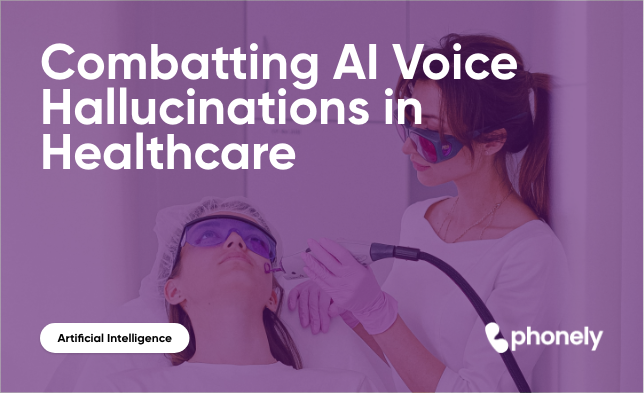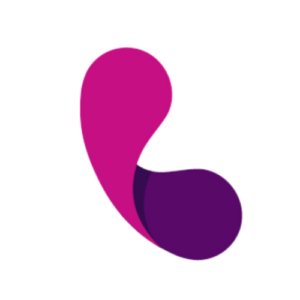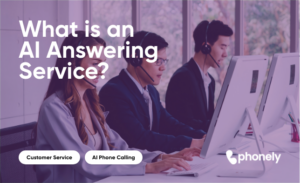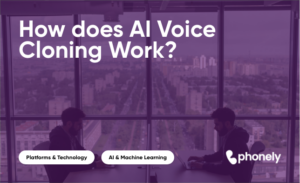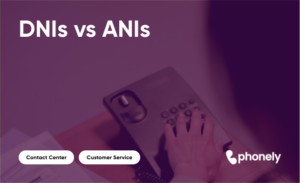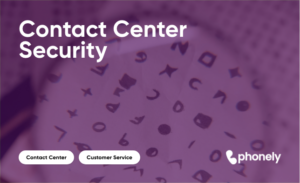Introduction
In the rapidly evolving healthcare landscape, artificial intelligence (AI) has emerged both as a beacon of hope and a source of new challenges. Among these challenges, AI voice hallucinations stand out as a significant concern, posing unforeseen risks to patient safety.
This blog aims to delve into this issue, exploring strategies and innovations intended to safeguard patients against the inaccuracies and biases that AI might introduce into healthcare settings.
Understanding AI Voice Hallucinations
AI voice hallucinations occur when AI systems, such as chatbots or voice assistants, generate incorrect or misleading information. This phenomenon can lead to potential misdiagnoses or inappropriate patient advice, undermining the credibility of AI applications in healthcare.
Reports indicate that a troubling 89% of engineers have encountered hallucinations in some form during their work with generative AI models, making the impact on patient care and safety a pressing concern. (Source: Unite AI)
The Significance of AI in Healthcare
The integration of AI into healthcare has been transformative, offering improvements in diagnosis, treatment recommendations, and operational efficiencies. AI technologies have the power to enhance patient engagement and streamline processes, leading to significant advances in medical care and outcomes.
However, as we embrace these benefits, we must also confront the challenges and risks associated with AI, particularly the issue of voice hallucinations.
For a closer look at how AI is revolutionizing healthcare, our post “Maximizing Efficiency: The Top Benefits of AI Phone Support for Small Enterprises” explores its impact on customer experiences and insights.
Case Studies: AI Mishaps Leading to Patient Safety Concerns
Real-life instances of AI malfunctions provide valuable lessons on the implications for patient safety. For example, inaccuracies in AI-generated diagnoses can lead to inappropriate treatment plans, highlighting the critical need for accuracy and reliability in AI systems within healthcare.
These case studies serve as cautionary tales, underscoring the importance of ongoing monitoring and improvement to ensure the highest standards of patient care.
Strategies to Prevent AI Voice Hallucinations

Preventing AI hallucinations requires a comprehensive approach, including the development of robust AI systems equipped with advanced error detection algorithms. Additionally, healthcare professionals must be trained to recognize and manage AI-related anomalies.
Patient education also plays a crucial role, as informed patients are better equipped to navigate their healthcare experiences in an AI-assisted environment.
For further insights into safeguarding against AI hallucinations, check out our post on “Implementing Tactics to Prevent AI Hallucinations in Voice Apps“.
The Role of Ethical AI Development
Ethical considerations play a crucial role in the development of AI technologies for healthcare. Developers and healthcare professionals must prioritize accountability, transparency, and patient safety, ensuring that AI systems are designed with the highest ethical standards.
The development of guidelines and frameworks, such as the RAISE Benchmarks, aims to guide responsible AI development and deployment. (Source: Forbes)
Future Innovations in AI Safety
Ongoing research and technological advancements are crucial in enhancing the safety of AI in healthcare. Future innovations, such as AI safety audits and certifications, hold promise for establishing more reliable and trustworthy AI applications.
These efforts are crucial for maintaining the momentum of AI’s positive impact on healthcare, while diligently addressing the associated risks.
Conclusion

As we navigate the complex intersection of AI and patient safety, it’s clear that a multifaceted approach is essential. Creating ethical AI systems and fostering collaboration among developers, healthcare professionals, and patients unlocks AI’s full potential in healthcare.
Safeguarding patient safety in healthcare AI is crucial for trust and effective medical AI applications.
Learn more about how Phonely enhances operational efficiency and customer satisfaction by visiting our website.
For further exploration into AI in healthcare and patient safety, consider diving into these academic articles and official reports:
- Artificial intelligence in medicine: Applications, implications, and limitations. (Source: pubmed.ncbi.nlm.nih.gov)
- Risks and benefits of AI in clinical diagnostics. (Source: wtwco)
- Addressing the challenges of AI in higher education and its parallels in healthcare (MIT Sloan). (Source: mitsloanedtech.mit.edu)
- The evolving regulatory landscape for AI in 2024 is highlighted in the Insights by Skadden. Your vigilance is crucial for ensuring the safe and responsible use of AI in healthcare. (Source: 2024 Insights by Skadden)

